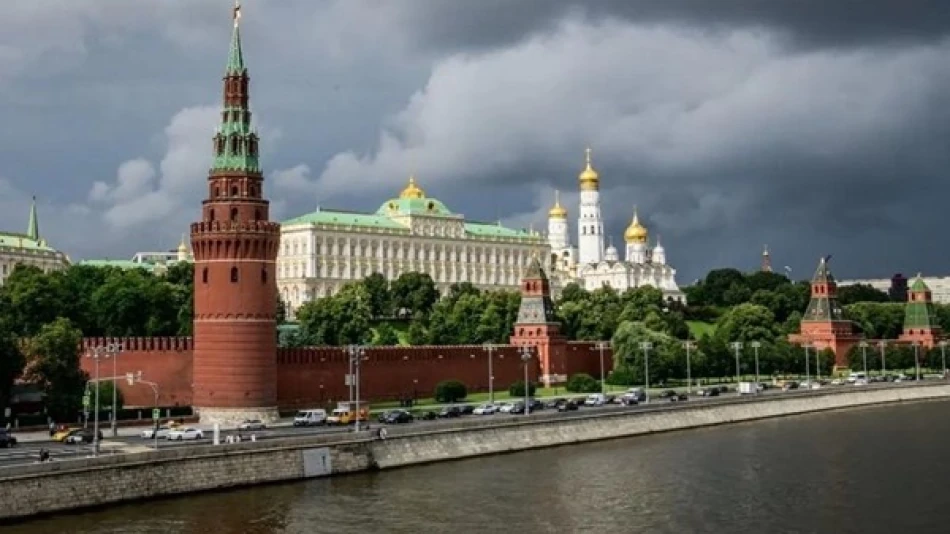
Putin and Trump to Discuss Resolving Ukraine Conflict, Kremlin Confirms
Putin-Trump Summit in Alaska Signals Major Diplomatic Reset on Ukraine Crisis
Russian President Vladimir Putin and U.S. President Donald Trump are set to hold a high-stakes summit in Alaska on Friday, with Ukraine's ongoing conflict taking center stage in what could mark the most significant diplomatic engagement between the superpowers in years. The meeting represents a potential turning point in global security dynamics and bilateral relations that have been strained since Russia's invasion of Ukraine.
Ukraine Takes Priority in Diplomatic Agenda
According to Kremlin diplomatic advisor Yuri Ushakov, the summit's agenda will focus "primarily on resolving the Ukrainian crisis," alongside broader discussions on peace, security, and international cooperation. The meeting, scheduled to begin at approximately 11:30 AM local time (19:30 GMT), will be followed by a joint press conference—a format that suggests both leaders expect substantial outcomes worth announcing publicly.
The choice of Alaska as a venue carries symbolic weight, representing neutral ground between the two nations while echoing historical precedents of U.S.-Russia diplomacy in the region.
Strategic Implications for Global Security
Breaking the Diplomatic Deadlock
This summit comes at a critical juncture when traditional diplomatic channels have largely failed to produce meaningful progress on Ukraine. The direct engagement between Putin and Trump bypasses the multilateral frameworks that have characterized previous peace efforts, potentially offering more flexibility but also raising questions about the involvement of European allies and Ukraine itself in any resulting agreements.
Economic and Military Considerations
For global markets, the summit represents both opportunity and uncertainty. A successful de-escalation could ease energy price volatility and reduce defense spending pressures on NATO members. However, any agreement that appears to legitimize territorial changes could set concerning precedents for international law and regional stability in other contested areas worldwide.
Historical Context and Comparisons
The Alaska meeting evokes memories of Cold War-era summitry, when direct leader-to-leader communication often proved more effective than formal diplomatic processes. Similar high-stakes meetings, such as Reagan and Gorbachev's encounters in the 1980s, demonstrated how personal diplomacy can break through institutional gridlock, though critics argue such approaches can also sideline important stakeholders and democratic processes.
Unlike previous Trump-Putin meetings, which often lacked clear outcomes, the specific focus on Ukraine suggests both sides have prepared concrete proposals. This targeted approach mirrors successful diplomatic interventions in other conflicts where narrow agendas produced measurable results.
Broader Implications for International Relations
The summit's emphasis on "bilateral cooperation" alongside crisis resolution indicates both nations may be seeking to rebuild economic and strategic partnerships that have been severed since 2022. For European allies, this raises questions about consultation and coordination, particularly given their substantial military and financial investments in Ukraine's defense.
The timing and format suggest both leaders believe direct negotiation offers better prospects than continued military escalation or proxy diplomacy through third parties. Whether this calculation proves correct will depend largely on their willingness to make concrete concessions and their ability to sell any agreement to their respective domestic constituencies.
Most Viewed News

 Layla Al Mansoori
Layla Al Mansoori






